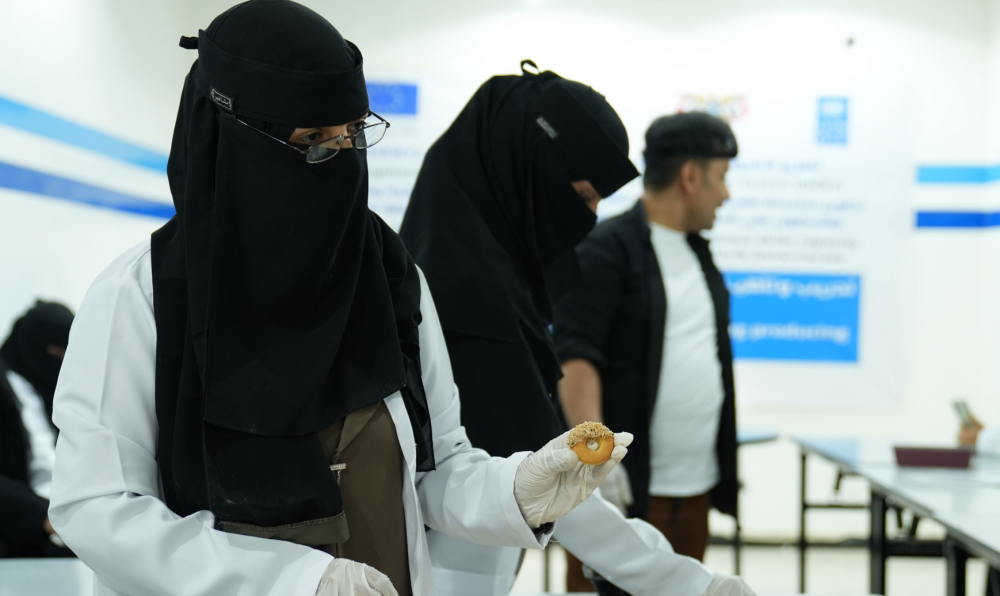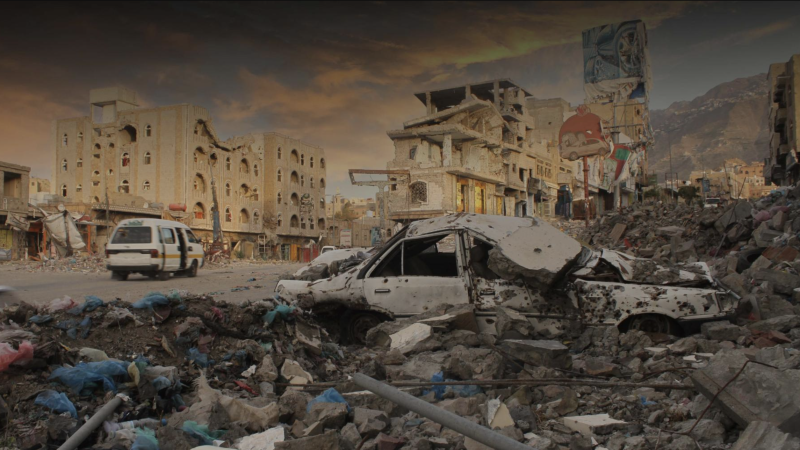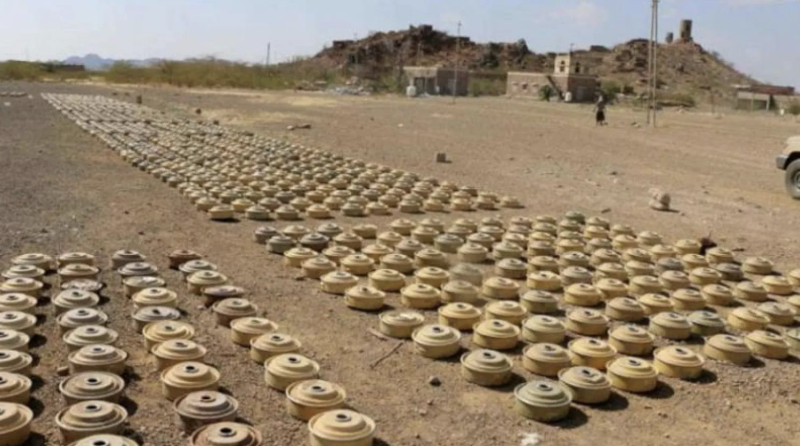UNDP : Women propel local economic development in Marib, Yemen


In Yemen, years of conflict have severely degraded critical infrastructure. This has placed considerable strain on businesses and entrepreneurs - key providers of employment and livelihoods - as they struggle with damaged facilities and continuous disruptions across essential value chains.
State institutions play a vital role in shaping an environment that enables businesses to function, expand, and innovate. Their capacity to attract investment, rehabilitate infrastructure, and support local entrepreneurs is essential to driving recovery and fostering sustainable economic development.
Millions in Yemen are internally displaced, and amid the ongoing displacement crisis, Marib’s growing population is putting pressure on local services and infrastructure. In response, local authorities, with support from UNDP’s Strengthening Institutional and Economic Resilience in Yemen (SIERY) Project, are working to strengthen service delivery and urban planning. As part of these efforts, the restoration of key infrastructure, including schools, technical and vocational training centres, and roads, is helping to restore the foundation for economic growth and future investment.
In parallel, the project’s Local Economic Development (LED) package is supporting governorate and district authorities’ efforts to promote local enterprises, with a particular attention on the sesame value chain. This focus draws on Marib Governorate’s long-standing role in sesame cultivation, owing to its favourable soil and climate conditions.
Among the targeted interventions, a group of 80 women received specialised training in value-added sesame processing. The aim was to equip participants with practical skills and encourage women-led entrepreneurship within the local economy. The curriculum included modules on food processing, sesame oil extraction, soap and scrub making, sesame paste (tahini) production, branding, packaging, and foundational business skills. The programme sought not only to diversify the use of locally grown sesame but also to create new income-generating opportunities.
Sara, a young woman displaced by conflict and now the main provider for her family of seven, shared: “I had always wanted to learn how to make different products using sesame seeds, but I never had the chance to do so.”
“This training helped me learn how to extract oil from sesame, and how to make tahini and soap. The course also gave me confidence to start my own small business to support my family and offer high-quality local products to the community,” she added.
“I believe that I need to be a productive member of my society and make positive contributions within my community. This training opened new doors for me. I learned how to use sesame to make different products. We also took a course on branding, which helped us understand how to present our products in a professional way that appeals to customers,” shared Shaimaa.
Shaimaa has already started making products at home and her business is growing step by step.
“My business is allowing me to earn an income, support my family, and meet market demand for quality sesame products.”
Fatima, a mother of three, also reflects on her experience during the training.
“I had a real interest in learning how to make these kinds of products but didn’t know where to start,” she said.
“One of the advantages for me is that we are using locally grown sesame, rather than relying on imported raw materials. I’ve already started making soaps and creams at home, and the response has been very positive,” added Fatima.
Local authorities organised a community bazaar in a public park, giving training participants the opportunity to showcase their products, connect with customers, and generate income.

Aden — Security sources have revealed that dozens of irregular African migrants landed on the shores of Shabwa governorate in southeastern Ye…

Washington – Yemen has been ranked among the world’s top 20 countries experiencing the highest levels of political and deadly violence…

Aden – The operations room of the Saudi-funded Masam demining project announced that its field teams have successfully removed 2,656 landmine…